Potentially habitable planets are more plentiful then we once thought: there are trillions in the Universe, and an estimated million in the Milky Way alone. Looking inward at our own small life-sustaining planet, we’ve also discovered that life isn’t nearly as delicate as we had imaged: lifeforms exist buried in the Earth’s crust and deep underwater, in extreme heat and extreme cold. So why, in every search for intelligent life elsewhere in the Universe, have we come up so utterly empty?
Life is durable and Earth-like planets aren’t rare. So where are all the aliens?
Video by Kurzgesagt
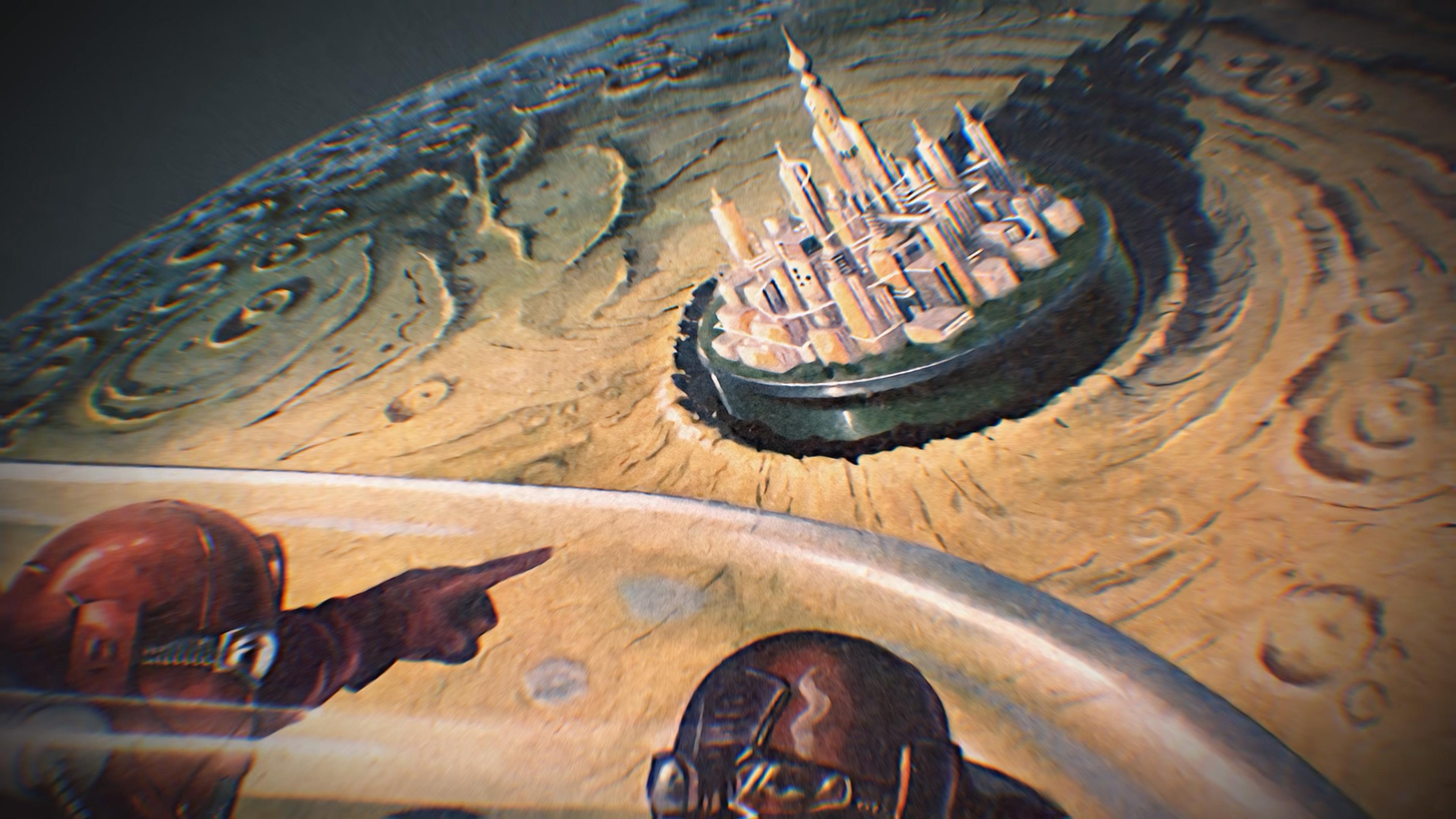
videoAstronomy
The history of astronomy is a history of conjuring intelligent life where it isn’t
34 minutes

videoSpace exploration
Imagine alien signals are detected. Here’s what happens next
3 minutes
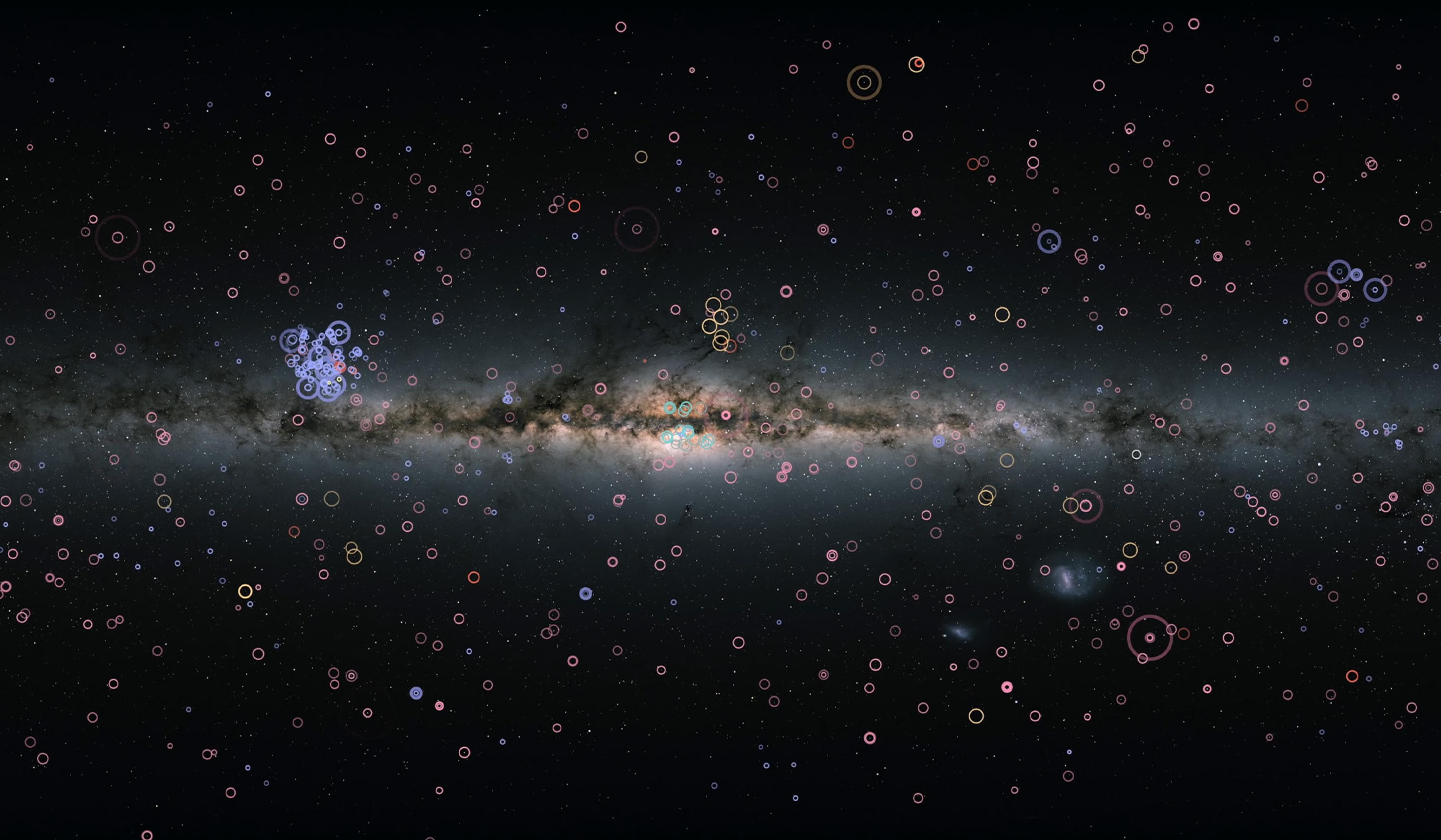
videoAstronomy
From zero to 5,000 – music and visuals express 30 years of exoplanet discoveries
1 minute
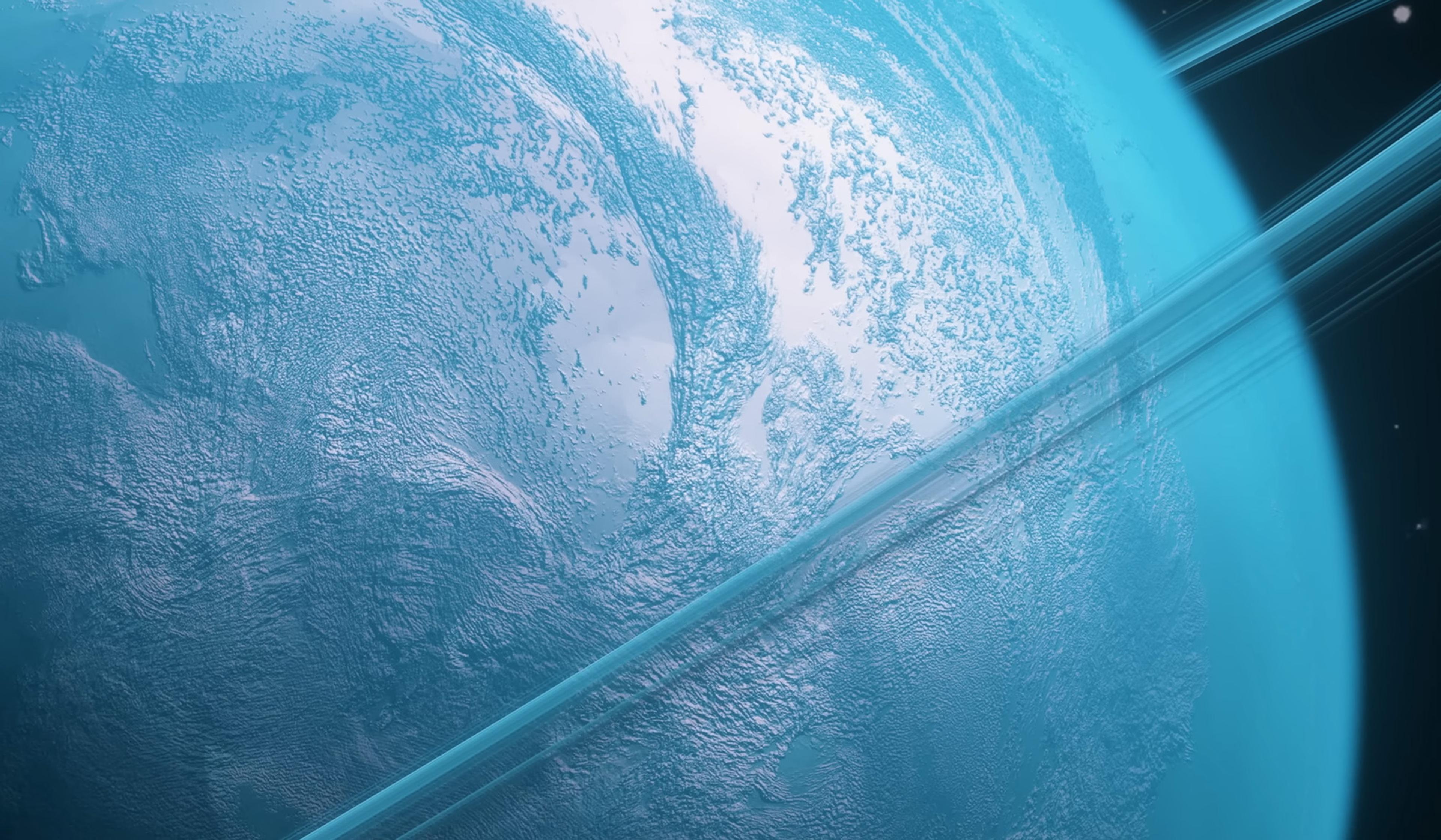
videoSpace exploration
In the search for life, might alien ocean worlds be a better bet than Earth-like planets?
5 minutes
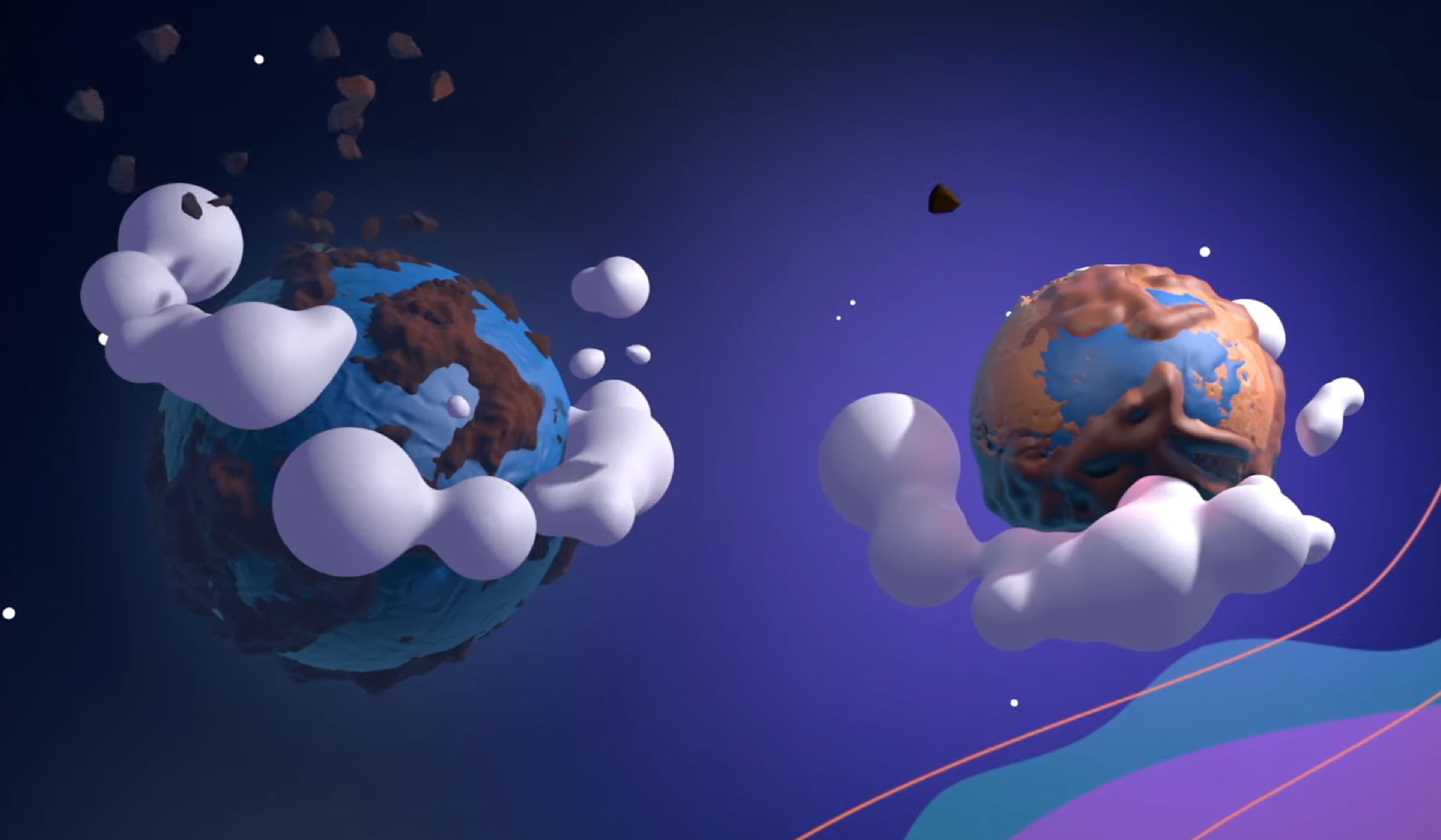
videoBiology
The idea that life on Earth originated elsewhere is not as far out as it seems
6 minutes

videoAstronomy
Finding alien life raises huge ethical questions. Finding we’re alone does, too
6 minutes

videoPhilosophy of science
Our existence is both cosmically trivial and linked to everything that ever was
7 minutes
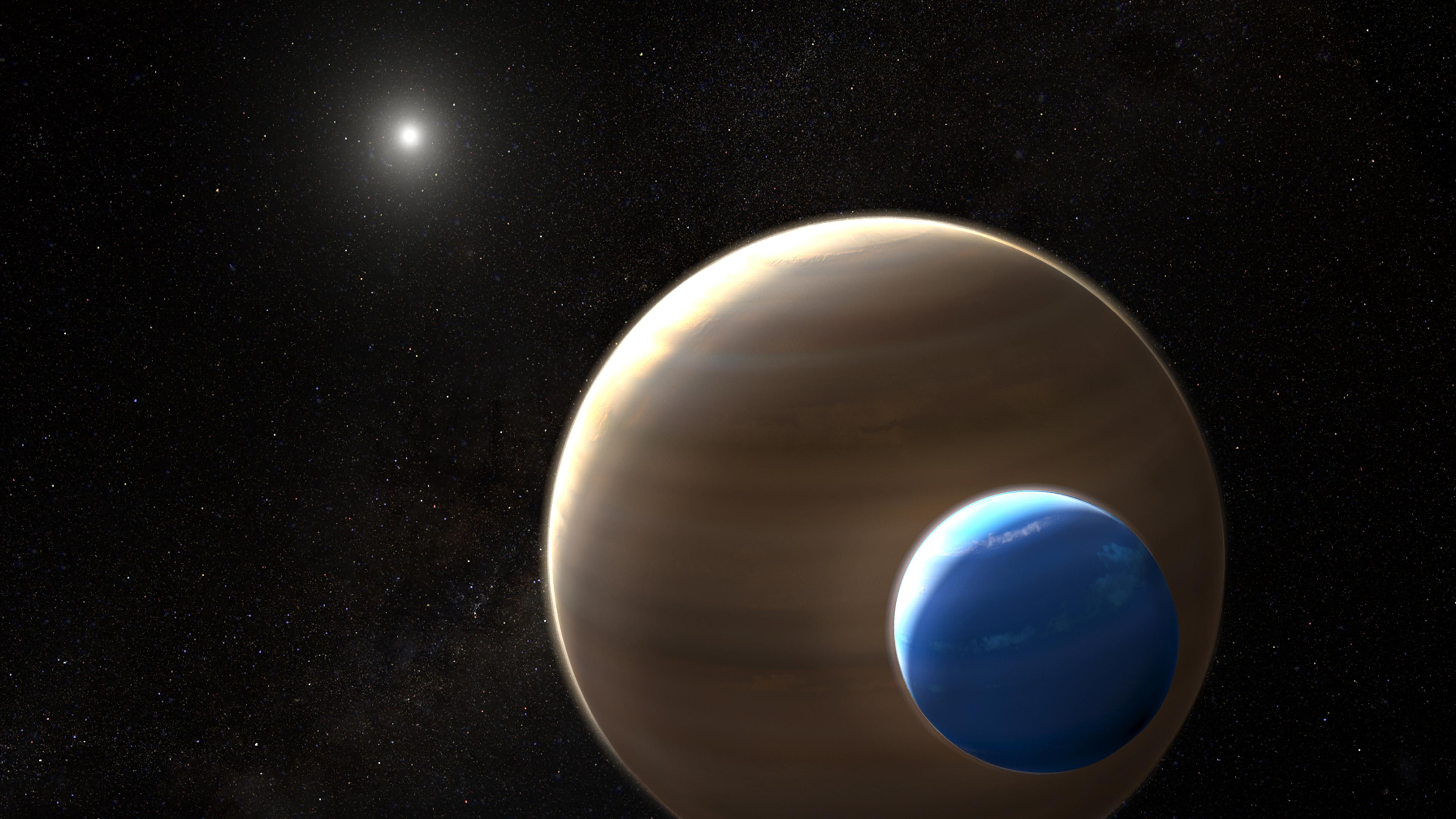
videoAstronomy
Why exomoons could be astronomy’s next big breakthrough
35 minutes
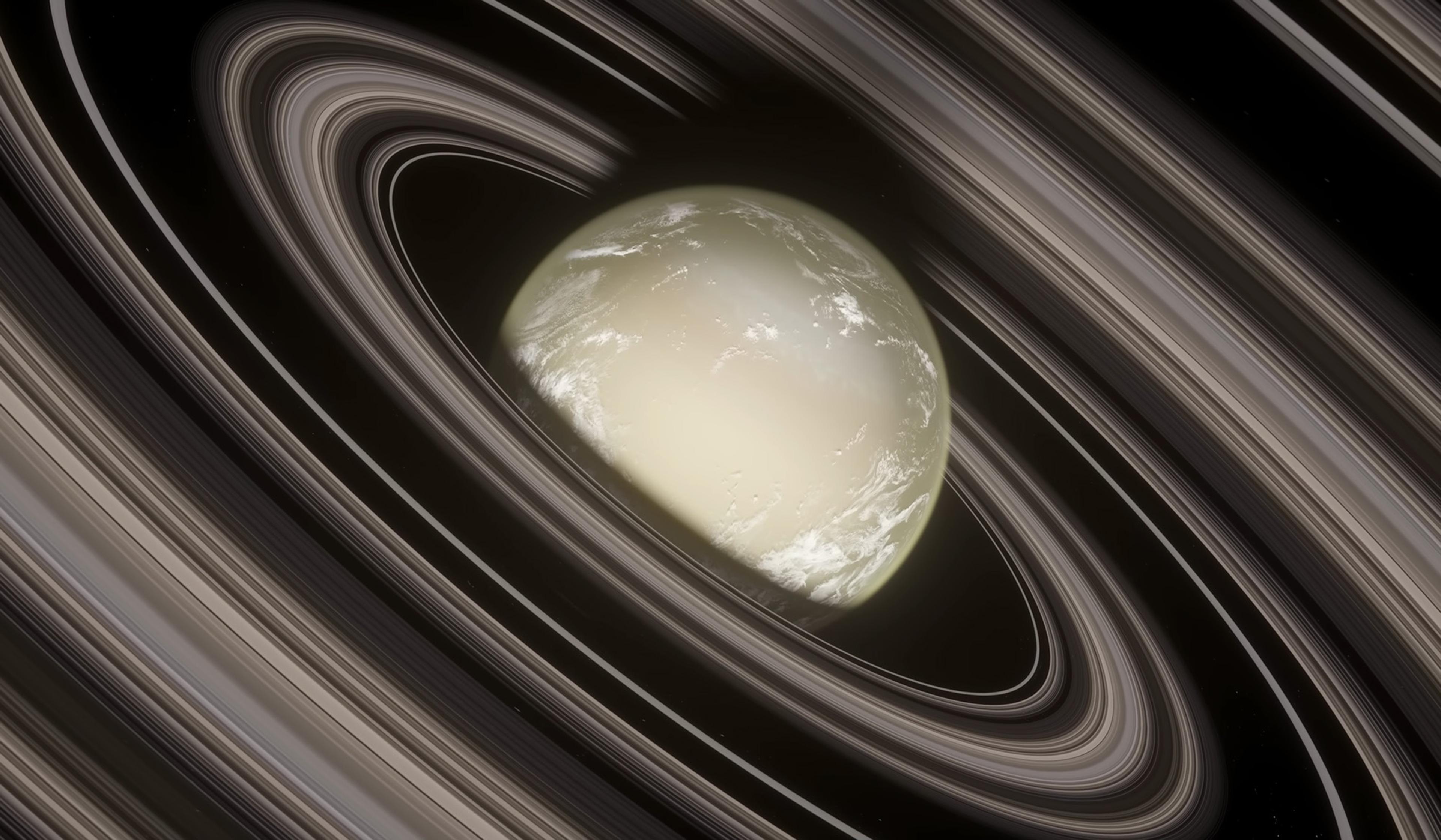
videoSpace exploration
Burning ice, metal clouds, gemstone rain – tour the strangest known exoplanets
31 minutes